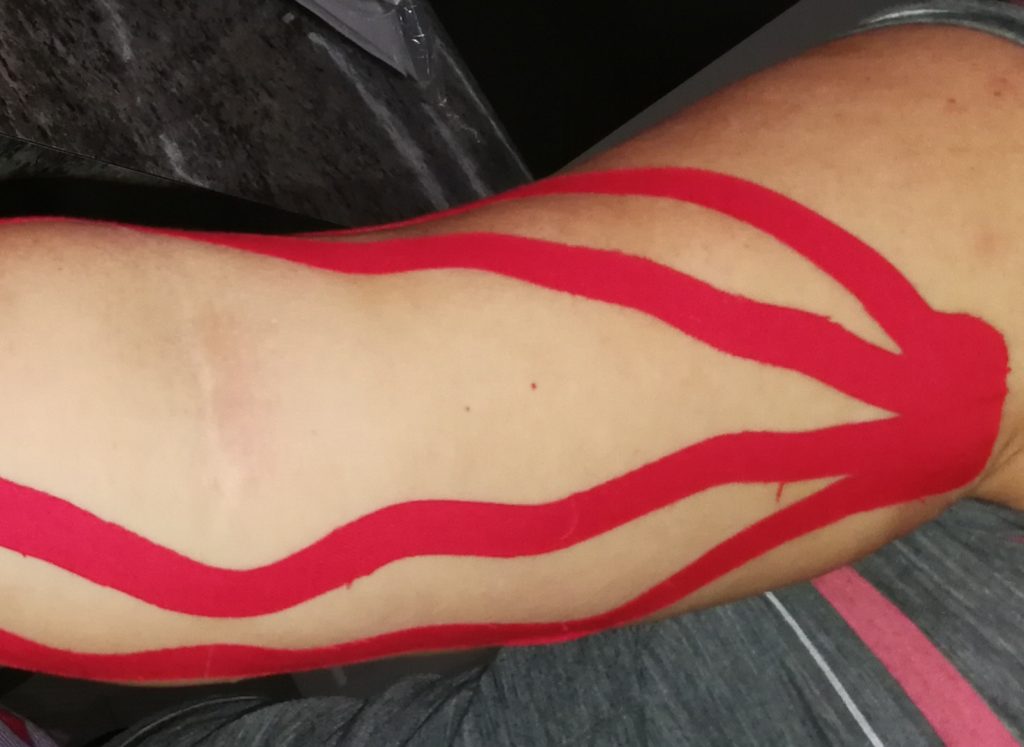Do you know the difference between massage therapists and masseuses?
07 January 2021

Sometimes my colleagues and I encounter public members using the term “massage therapist” and “masseuse” interchangeably. That indicates the job description between the two professions is vague at best.
Depending on your reason for massage therapy such a pain or recovery post-surgical procedures, you would naturally seek a trained massage therapist to address your specific condition.
With all respect, “masseuse” is generally an alternative title used in New Zealand to describe another legal profession altogether. However, both domains (massage therapy and masseuse services) indeed include “touch” as a therapeutic modality. Certainly, the “masseuse” industry is a long, practising profession. It employs trade-specific techniques not used by mainstream massage therapists to address a fundamental need.
On the other hand, “massage therapy” exists since antiquity, used by the ancient civilizations to promote, healing and wellness. This discipline is enacted by legislation and registration in countries like Australia, Canada, America and the United Kingdom. Hence, massage therapists are regulated and the industry protected.
In Aotearoa, this profession’s governance is lacking, even though “massage therapists” earned their qualifications through formal learning and must past exams. Adding to this complex issue, registration with the professional body is voluntary. As a result, such could be the likely cause of the profession’s misconstrued public identity.
Accordingly, registered therapists comply with mandatory professional development (at their cost: time away from their practices and funding their training away from home, prior to the Covid – 19 pandemic) to maintain their registration. Furthermore, liability insurances are taken up to cover professional practices, an annual cost is incurred for registration with the professional body and a professional code is abiding.
Clearly, massage therapists and masseuses operate in different spheres. Unlike some of my colleagues, “no sensual services” were ever proposed to me at any given time. Perhaps a registered therapist implies professionalism? Instead, some colleagues experienced inappropriate proposals frequently, such as the offending “happy ending” question. Equally, it’s awkward for an unknowing client who fails to differentiate between a massage therapist and a masseuse.
For that reason, massage therapists like myself have taken up the challenge of educating and changing public perception. I hope to shine a light in the right direction for a clearer picture of both professions.
https://www.massagemag.com/massage-titles-matter-why-we-dont-
# registered massage therapists # massage therapists vs masseuse services
Latest News
Operating Within The Orange Light System in 2022
10 January 2022
Hello All! I hope you had the opportunity to welcome the New Year with family and friends. Wouldn’t it be awesome to gain some normality in 2022? Despite the evolving… Read more
Lipedema, Lymphedema and High Blood Insulin
26 May 2021
The negative impact of high blood insulin on the lymphatic system, Lipedema and Lymphedema.
How does your Vagus Nerve affects bodily function?
24 May 2021
Your Vagus Nerve is also known as the Pneumogastric Nerve. It sends sensory messages to the brain and relays motor messages to our body.
